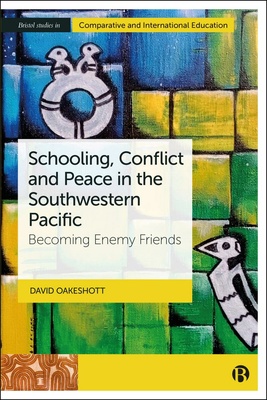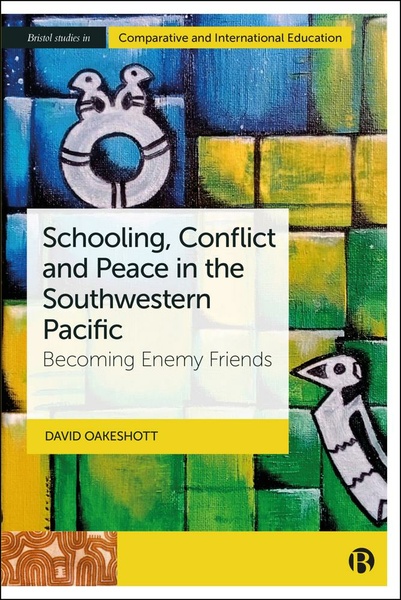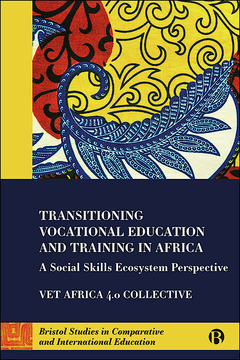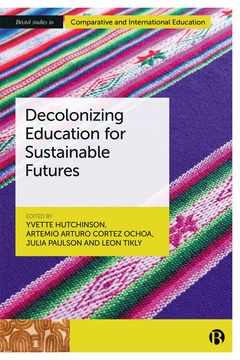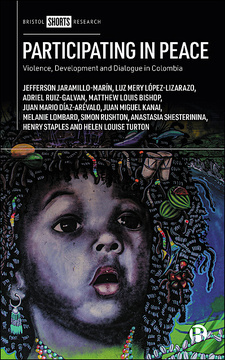Published
Nov 27, 2024Page count
236 pagesBrowse the series
Bristol Studies in Comparative and International EducationISBN
978-1529239195Dimensions
234 x 156 mmImprint
Bristol University PressPublished
Nov 27, 2024Page count
236 pagesBrowse the series
Bristol Studies in Comparative and International EducationISBN
978-1529239225Dimensions
234 x 156 mmImprint
Bristol University PressPublished
Nov 27, 2024Page count
236 pagesBrowse the series
Bristol Studies in Comparative and International EducationISBN
978-1529239225Dimensions
234 x 156 mmImprint
Bristol University PressBringing concepts from critical transitional justice and peacebuilding into dialogue with education, this book examines the challenges youth and their teachers face in the post-conflict settings of Bougainville and Solomon Islands.
Youth in these places must reconcile with the violent past of their parents’ generation while also learning how to live with people once on opposing ‘sides'. This book traces how students and their teachers form connections to the past and each other that cut through the forces that might divide them. The findings illustrate novel ways to think about the potential for education to assist post-conflict recovery.
“By listening deeply to both the stories and silences of teachers and students, David Oakeshott provides new insights into peacemaking, truth telling, and the relationships built through schooling." Debra McDougall, University of Melbourne
David Oakeshott is a postdoctoral fellow in the Department of Pacific Affairs at the Australian National University.
Introduction
1. Conflict and Connection in Bougainville and Solomon Islands
2. Place-Based Justice in Bougainville and Solomon Islands
3. The Pedagogy of Everyday Life at School
4. Gender, Professionalism and the Commensurability of Cultures
5. Enemy Friends in Cultural Programmes
6. Enemy Friends and the Nation
Conclusion







